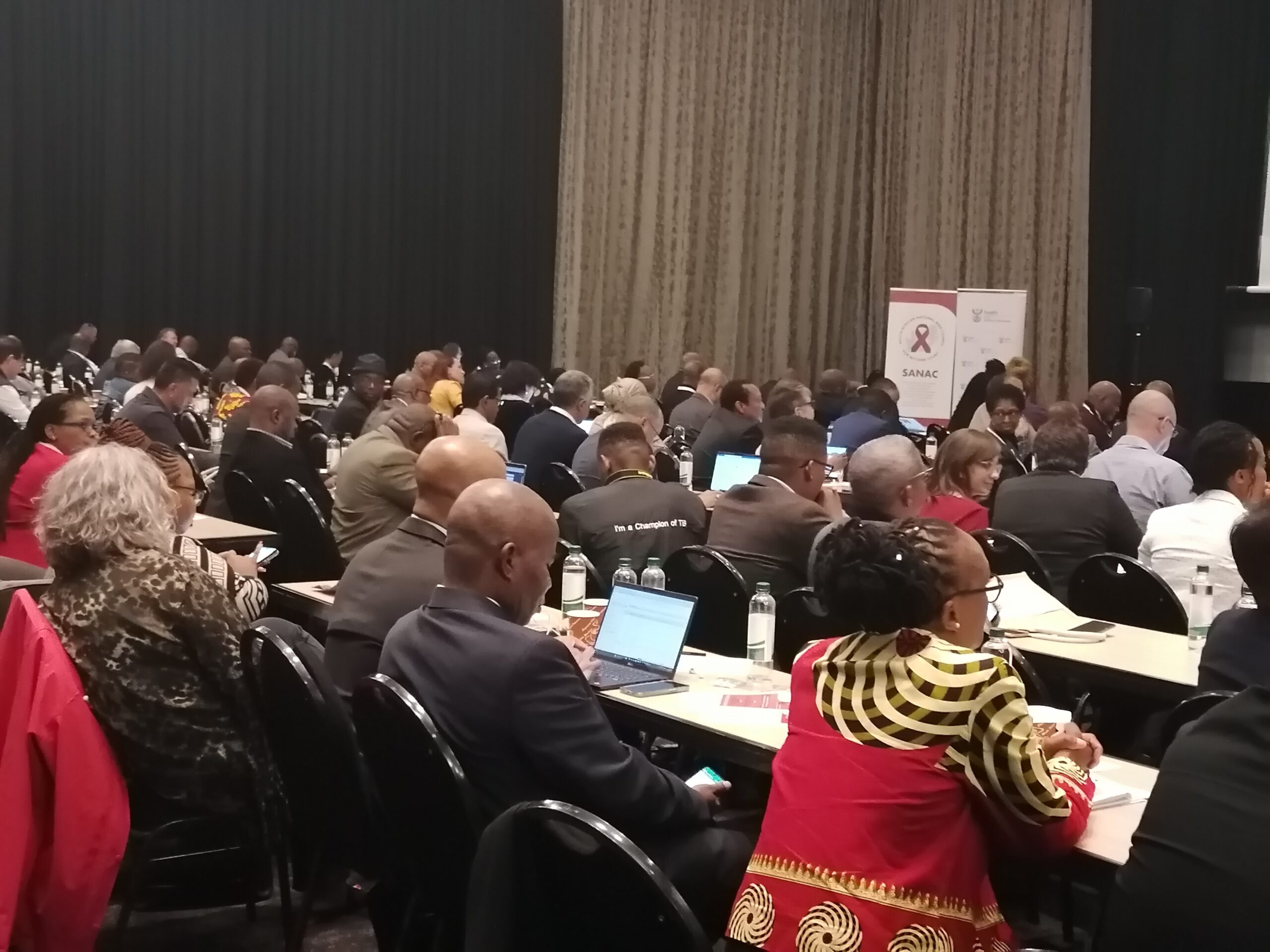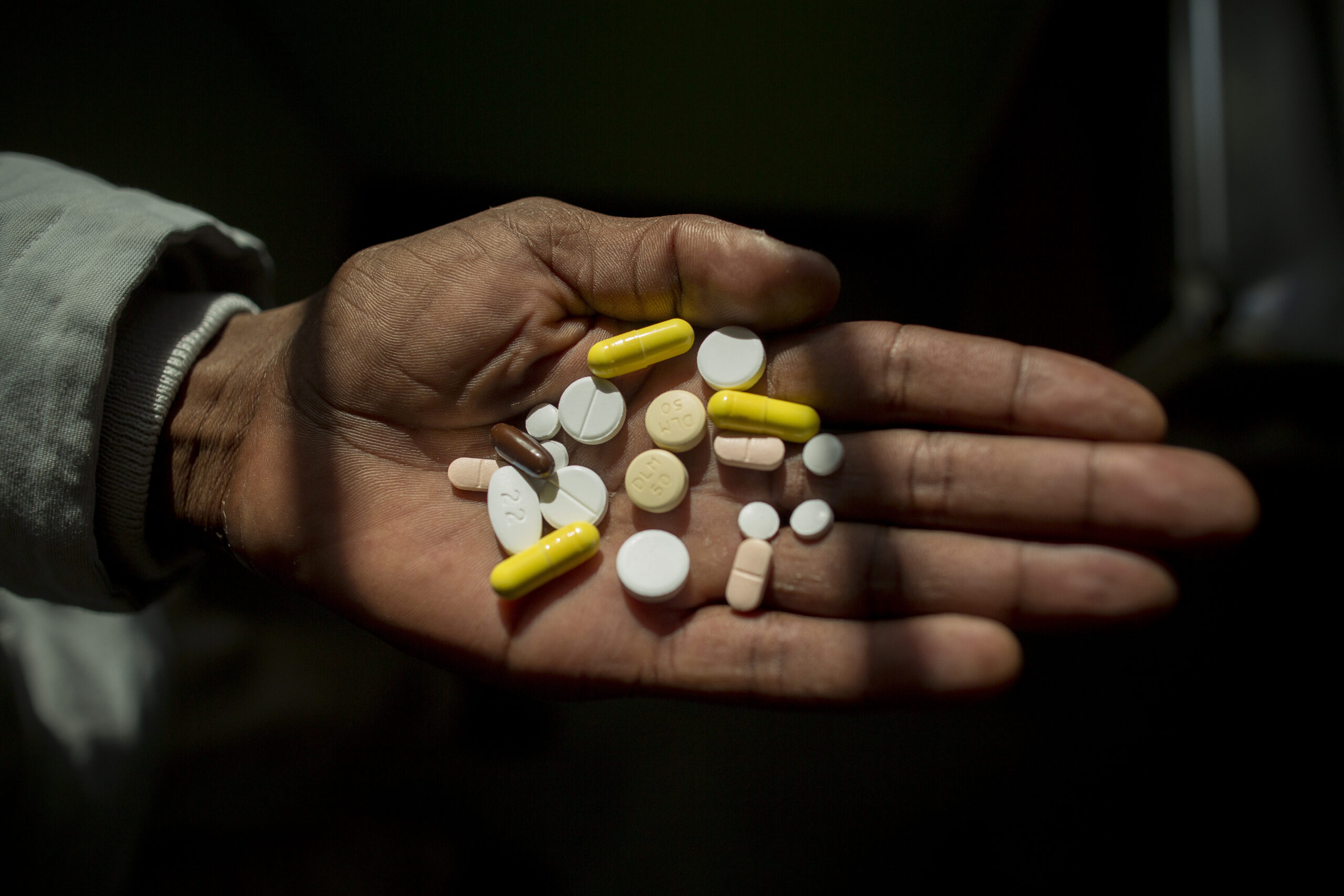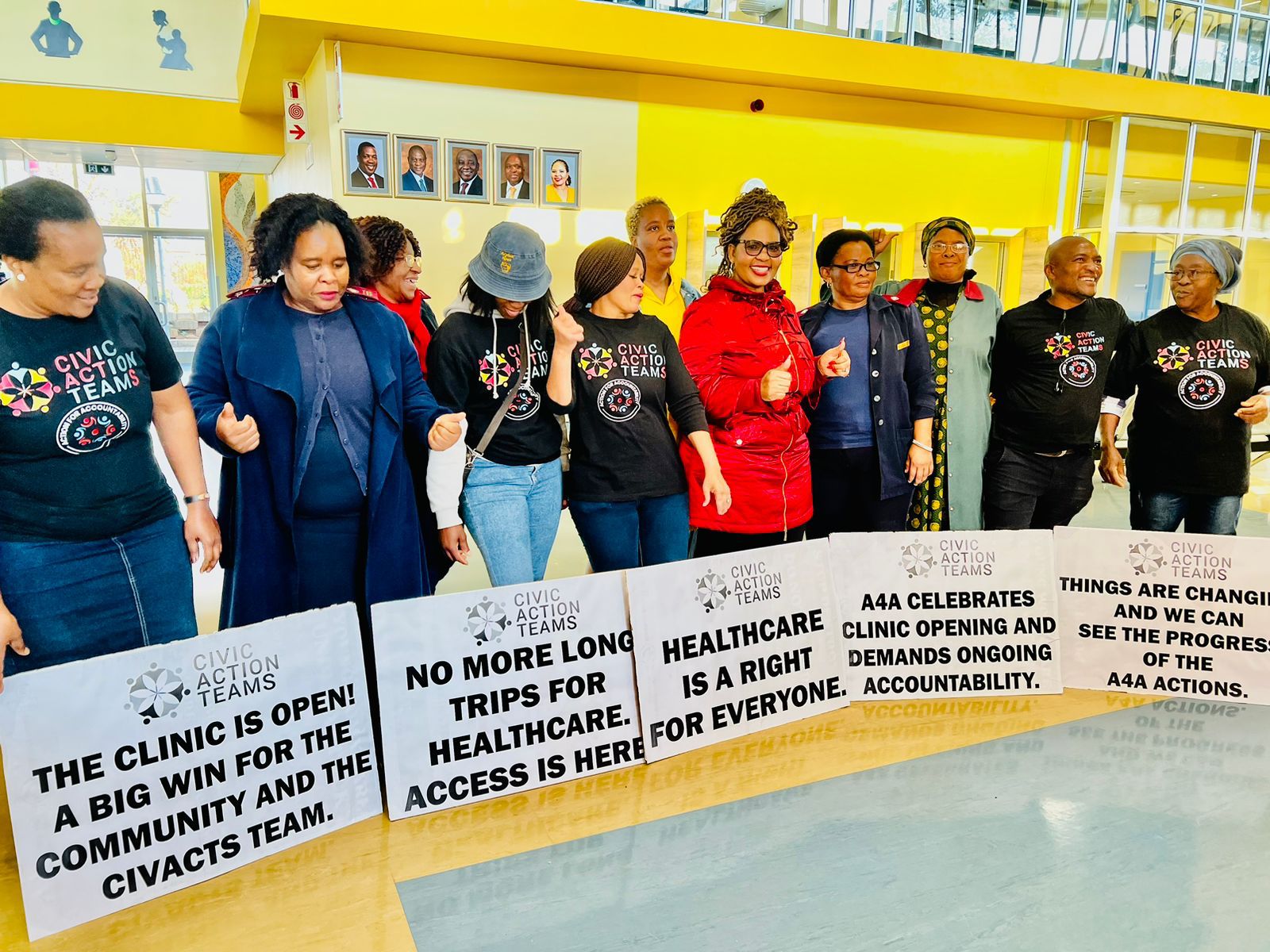Preparatory work has started to strengthen South Africa’s healthcare system for it to remain a key player in the global health space.
This emerged when President Cyril Ramaphosa announced some health priorities at the 2nd Presidential Health Summit in Johannesburg in May 2023.

The country’s top health professionals, policymakers, and other stakeholders from the business community and civil society gathered to take stock of the sector’s achievements and challenges since the inaugural summit in 2018.
“Even though countries like South Africa were negatively affected by Covid-19, our health systems have proven remarkably resilient.”
The Covid-19 pandemic struck just under a year after the signing of the first Presidential Health Compact, which outlined South Africa’s five-year roadmap toward achieving Universal Health Coverage (UHC) by 2030.
The roadmap has nine pillars that are meant to improve and strengthen the health system, and they are:
- Human resources for health
- Access to medicines, vaccines, and health products
- Infrastructure Plan for Health
- Private sector engagement
- Quality, safety, and primary health care
- Improve public sector financial management
- Strengthen governance and leadership
- Community engagement
- Health information systems
Pandemic prevention, preparedness, response, and recovery were added as the tenth pillar at this year’s summit to keep up with regional and global mechanisms employed to ensure a “pre-emptive and protective approach to future outbreaks, epidemics, and pandemics.”

President Ramaphosa said the pandemic derailed the roadmap since some programs were relegated as the country battled to save lives.
“With the pandemic now in abeyance, it is a case of playing catch-up for many countries, including ours. Even though countries like South Africa were particularly negatively affected by Covid-19, our health systems have proven remarkably resilient,” he said.

He added that implementing the pillars of the Presidential Health Compact was critical to the country’s goal of implementing the National Health Insurance (NHI).
The NHI is a financing system that will allow South Africans to access quality healthcare based on their needs instead of their socio-economic status.
The current health system needs to be more balanced, and about 18 percent of South Africans use the private sector, which has an estimated 79 percent of the doctors, while the public sector has only 21 percent.
Another infectious disease burdening the healthcare system is tuberculosis, with an estimated 360,000 people getting infected yearly, but only about 200,000 get diagnosed.
Access to private health is also divided by race; at least 73 percent of the medical scheme members are white, and only 10 percent are Black.
He said this is odd in a country where 81 percent of the population is Black and only 7.8 percent is white.
“We aim to reduce health disparities between different population groups and regions and to protect individuals and families from the financial burden of healthcare expenses,” President Ramaphosa said.
“Such a healthcare system should be adequately staffed with well-trained and motivated healthcare professionals supported by effective management and leadership.”
Burden of disease

Dr Joe Phaahla, South Africa’s health minister, said the public health system faced several challenges requiring urgent attention.
Phaahla said the system needed help to deal with the high burden of disease, which was a key driver of the increased demand for services that needed to be more adequate to meet the needs of patients.
“We are doing well when it comes to testing, but we still need to get more people living with HIV on treatment.”
He argued that the system would perform better if corruption was rooted out and there was accountability from the management.
“We carry the biggest burden of HIV with an estimated 8 million people living with the virus. Confirmed cases are around 7.5 million, and out of these, under six million are on treatment,” Dr Phaahla said.
“We are doing well when it comes to testing, but we still need to get more people living with HIV on treatment.”

Another infectious disease burdening the healthcare system is tuberculosis (TB), with an estimated 360,000 people getting infected yearly, but only about 200,000 get diagnosed.
The probability of dying from NCDs stood at 27 percent for people aged between 30 and 70 years.
Malaria, though primarily found in the northern part of the country and is seasonal, remains a concern as 10 percent of the population is vulnerable.
Cholera and measles are other infectious diseases South Africa has recently seen outbreaks of, with up to 970 measles cases reported since October 2022 and 10 confirmed cases of cholera since February 2023.

South Africa is also burdened with non-communicable diseases (NCDs) like high blood pressure, often leading to heart disease, stroke, and kidney disease.
Diabetes, breast, cervical, prostate, and colorectal cancer were responsible for 43 percent of deaths in all ages and sexes in 2012.
The probability of dying from NCDs stood at 27 percent for people aged between 30 and 70 years.

“The burden of accidents and trauma in our hospitals is high. That is why people were excited during the lockdown because very few of them would come with injuries from trauma and accidents. Still, we cannot have a lockdown forever,” Phaahla added.
A sober and honest assessment
Healthcare consultant and medical practitioner Dr Victor Ramathesele commended President Ramaphosa for acknowledging some of the failures within the health sector.
Ramathesele also said that the assessment made by the government on the challenges and achievements, as well as the state of the health sector, was sober and indicative of a leadership committed to improving access to adequate healthcare services.
The addition of Pillar Ten in the Presidential Health Compact also showed that South Africa has learned its lessons from the Covid-19 pandemic.

Some of these include the successful collaboration between the public and private sector and academia.
“We are using that as South Africa to say that should any pandemic descend on us, we are now ready as a country and will continue to sharpen our skills and resources so that we can minimize the effect of it,” said Ramathesele.
__________________________________________________________________________________________
Marcia Zali is a South Africa-based freelance journalist specializing in health and science reporting.
